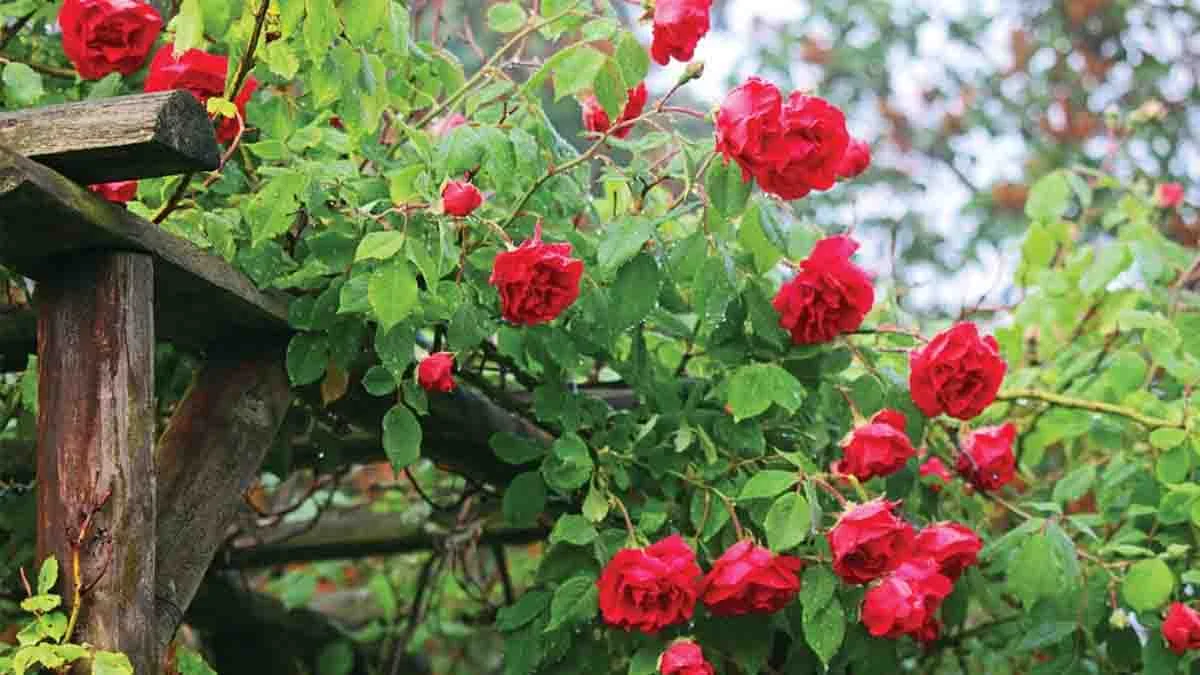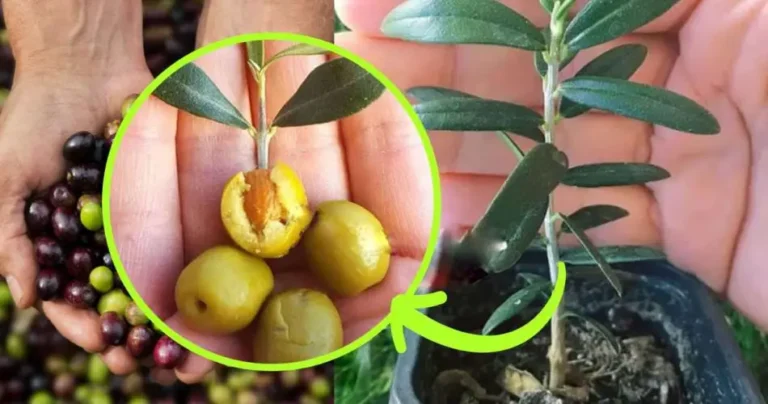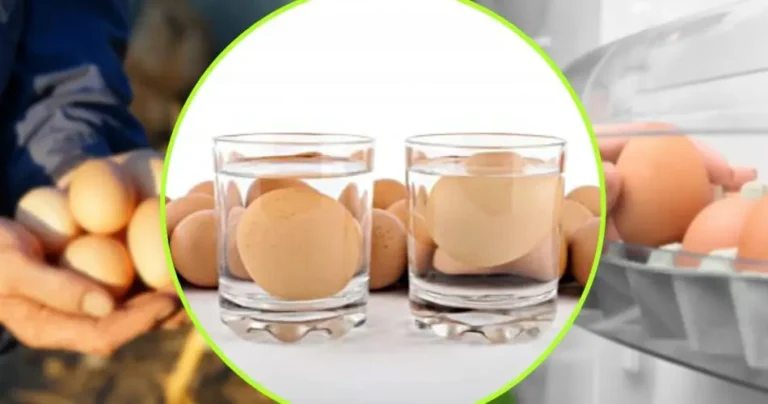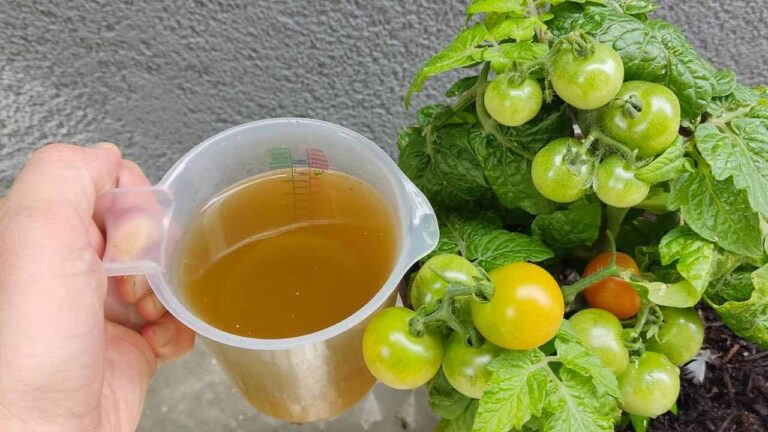A gardener’s tip to get more flowers on a rose bush
Roses are one of the most popular plants that grace most gardens. Like all plants, they require care and maintenance for magnificent flowering. In fact, a struggling rose will have little flowering or may not flower at all.
If you follow the following tips for growing and caring for roses, they will reward you with abundant blooms throughout the growing season.
Let’s see how to get more flowers from your rose!
Factors that affect the flowering of your rose bush
Where you plant your rose bush affects your plant’s future flowers even before it is established in the ground.
Sun exposure
Care for your roses by planting them in a location with excellent drainage and full sun exposure. Choose a location that receives sunlight for at least six to eight hours a day. Roses need direct sunlight to generate the energy they need to bloom profusely. Diseases and pests can attack roses weakened by excessive shade.
Well-drained soil
Check the drainage of the soil by digging a 35cm hole. Fill it with water: If the water hasn’t drained after two hours, consider mixing inert materials or choosing another soil. Roses planted in soggy soil are prone to fungal diseases and root rot.
Prepare the soil by digging a 35 x 35 cm hole and fill it with a mixture composed half of garden soil and half of soil and peat. This light, rich potting mix promotes root growth.
Fertilize correctly
Like many large flowering plants, roses need a lot of fertilizer. Roses that bloom continuously all season need at least three applications of fertilizer.
A balanced fertilizer provides nitrogen for healthy leaves, phosphorus for vigorous roots and potassium for flower formation.
Apply the first fertilizer when the plant comes out of dormancy in spring.
Two more applications must be made in mid-June and mid-July. This is essential for maintaining the flower load throughout the season.
Stop fertilizing in August to prepare the plant for winter dormancy.






